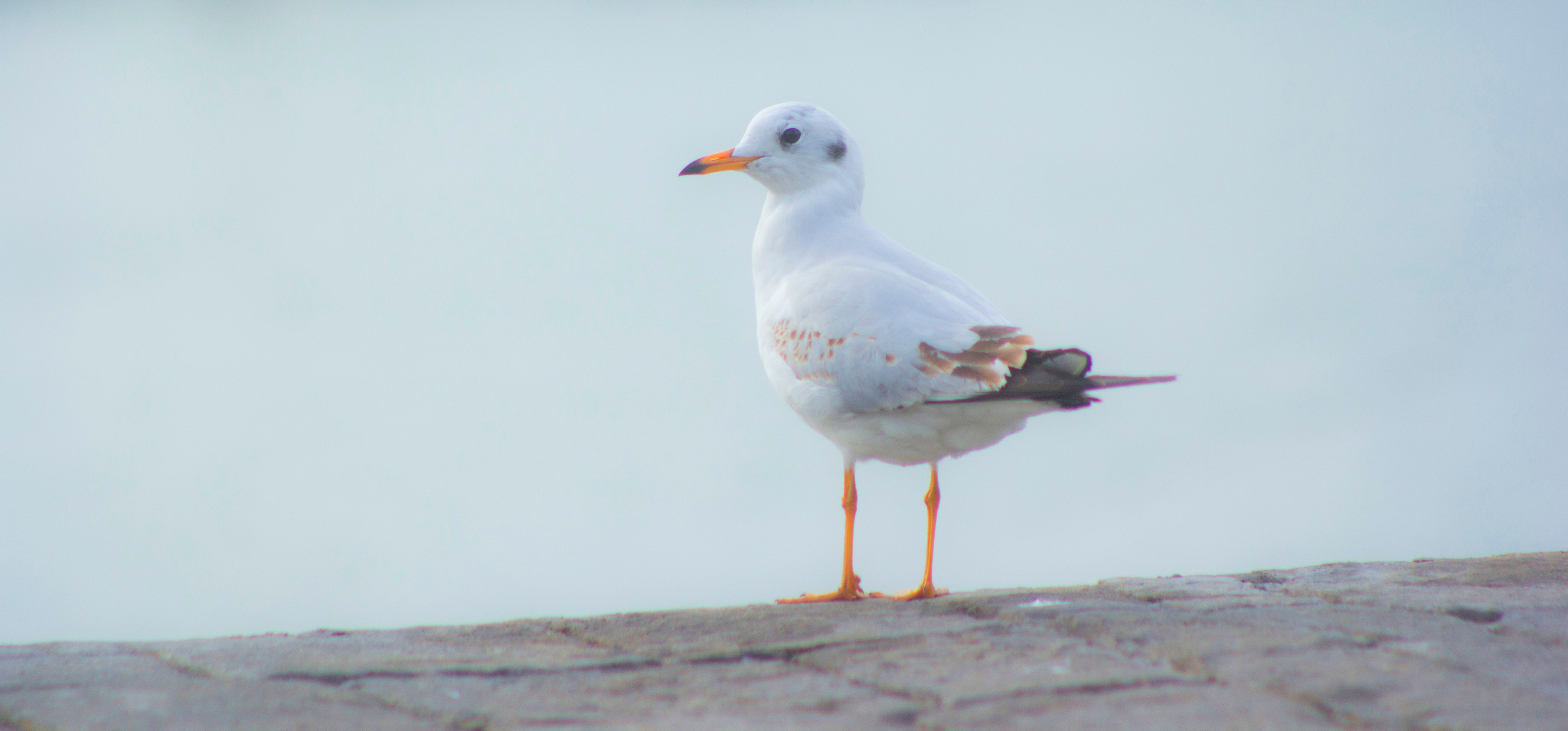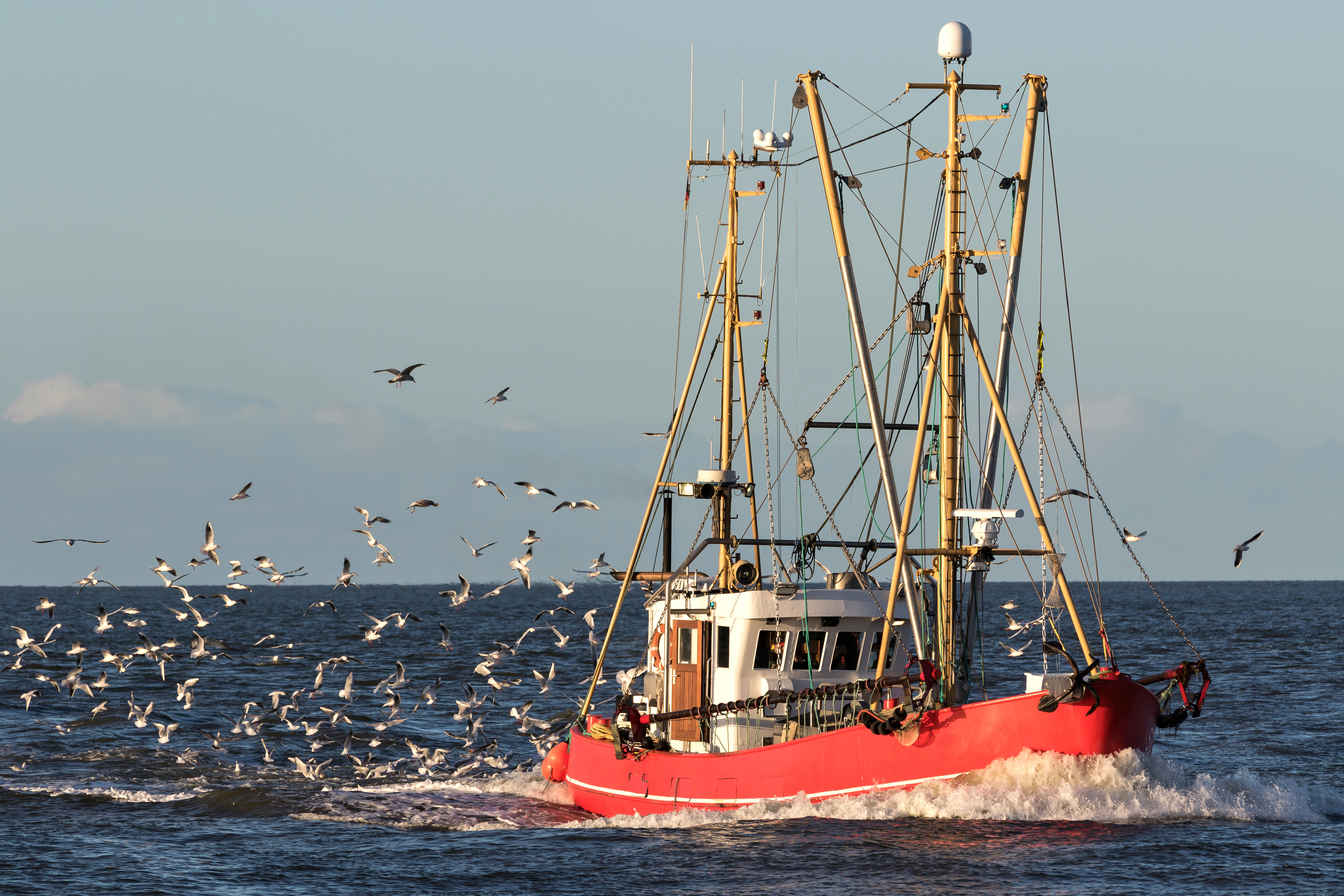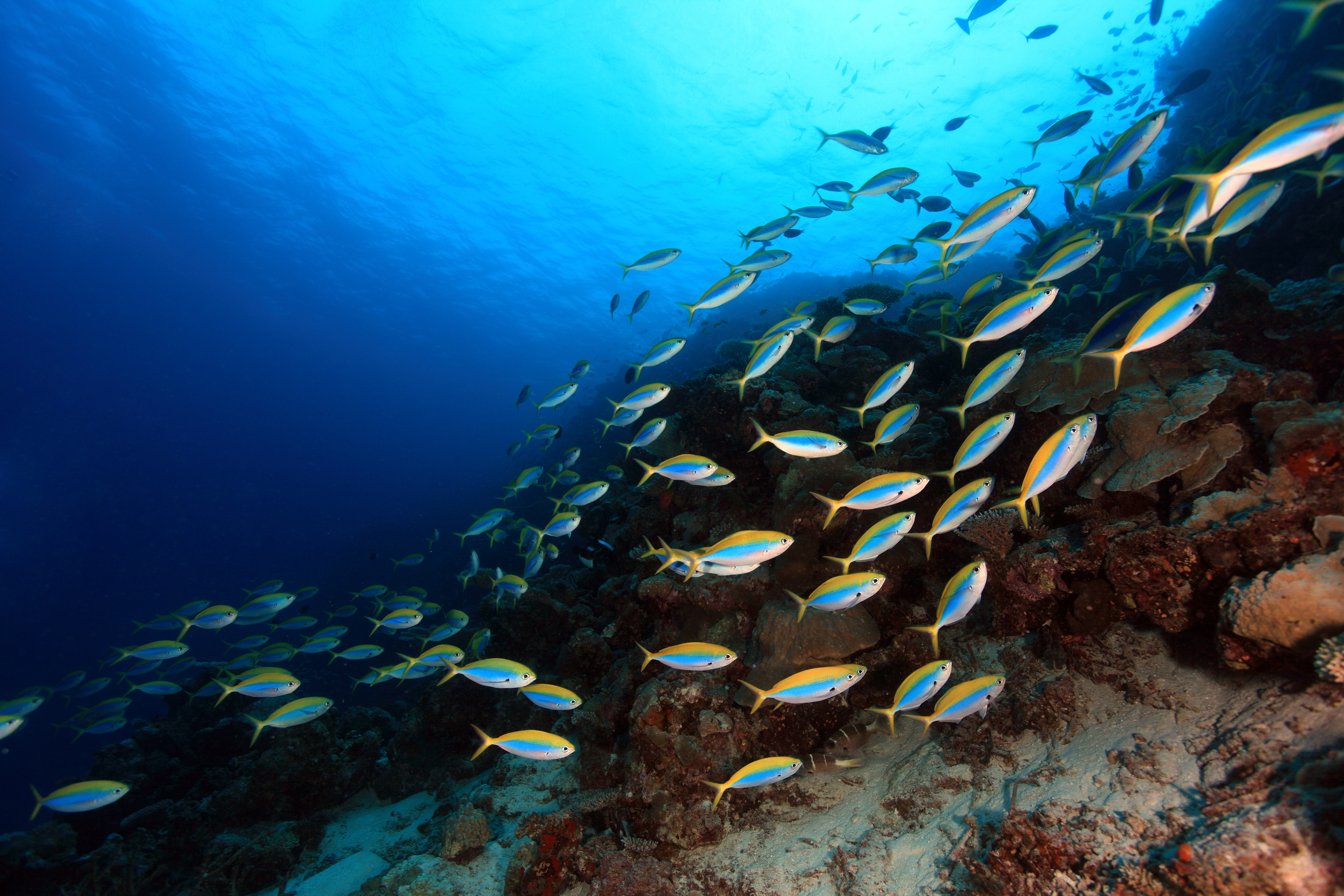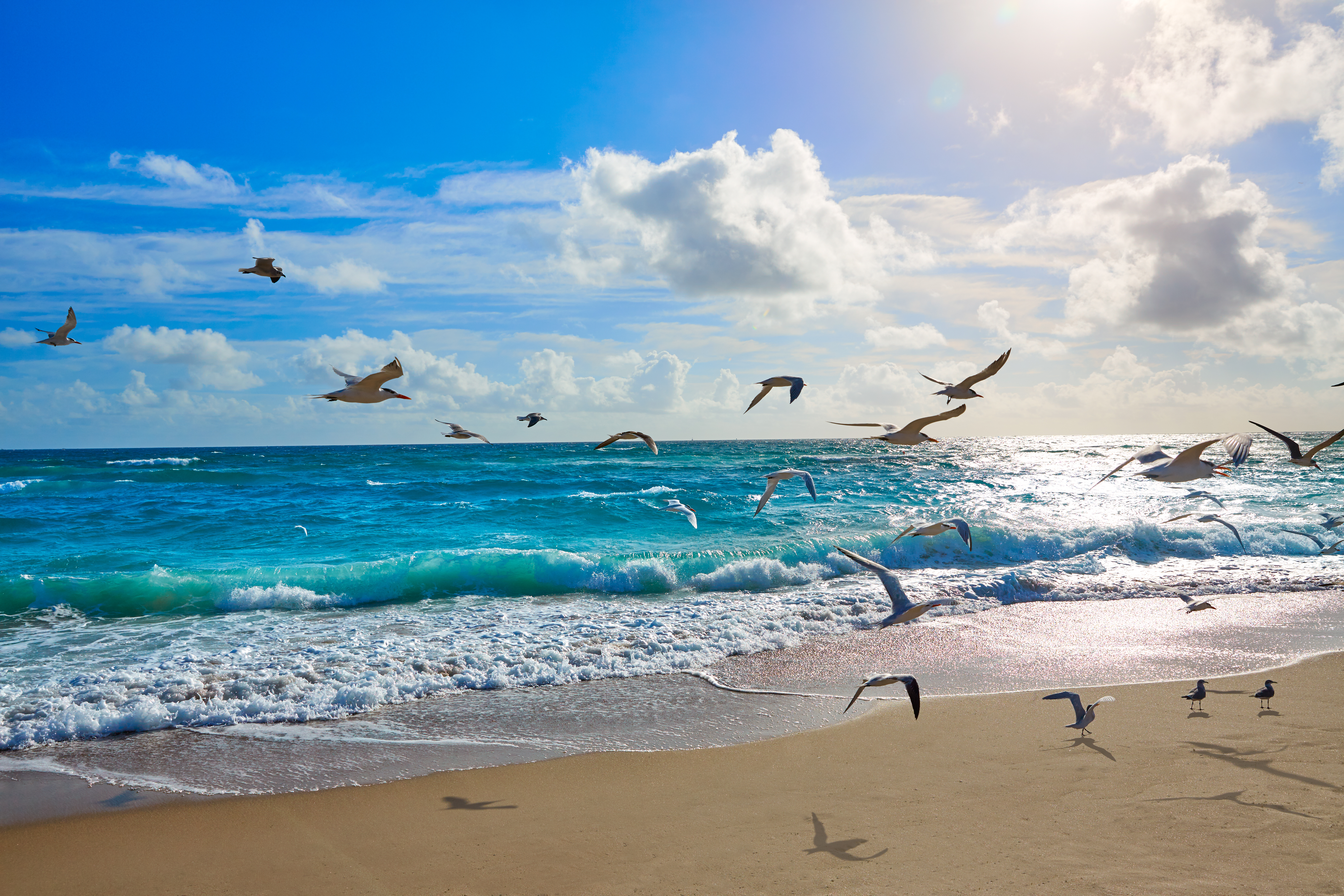Three KAUST students attended the 5th International Marine Conservation Congress in Malaysia in June. The event brought together over 650 attendees under the theme of ‘Making Marine Science Matter.’ Image courtesy of Shutterstock.
-By Matt Tietbohl, KAUST News
Ocean conservation is one of the most important and difficult challenges we face today. With so many communities relying on the oceans as a source of food or income or for cultural significance, it is incredibly challenging to find successful ways to protect the bounty and beauty of Earth's oceans in ways that every ocean-user can agree on. To address these challenges, we need to bring people together to find solutions to ocean conservation problems.

A fish swims in the Red Sea next to a coral reef in this image from KAUST Ph.D. student Matt Tietbohl. Tietbohl and fellow University Ph.D. students Aislinn Dunne and George Short attended the recent Marine Conservation Congress in Malaysia in June on behalf of KAUST. Image courtesy of Matt Tietbohl.
In June, three KAUST students from the University's
Red Sea Research Center (RSRC) attended the
5th International Marine Conservation Congress (IMCC5) in Kuching, Malaysia. The conference, the premier marine conservation science meeting worldwide, brought together over 650 attendees from 65 countries under the theme of
"Making Marine Science Matter." Attendees included students, scientists, government and NGO employees, artists and journalists.
Conference participants spent a week together discussing and sharing science while working to find innovative ways to translate marine conservation science into real action. Below, KAUST attendees share aspects of IMCC5 that left a lasting impression on them.

An important topic discussed at the 5th International Marine Conservation Congress in Malaysia was the impact of above-water marine species like seabirds. Image courtesy of Shutterstock.
IMCC5 highlighted aspects of marine ecosystems that are underrepresented in academic study but essential in the understanding and preservation of our oceans. One example is an often overlooked but important above-water marine species: seabirds. Plenary speaker
Dr. Enriqueta Velarde's seabird monitoring has documented how specific seabird lifecycles are adapted to be seasonally coupled with fish populations and can act as indicators of fish stocks. Overfishing in certain areas is having detrimental effects on both the seabird populations and local economies. Another example is the deep-sea research conducted by the explorer
Dr. Diva Amon. She is discovering alien-like deep-sea habitats and associated wildlife in them, which is unfortunately often accompanied by human trash. With the discovery of new life and interactions come illuminations into how we are degrading the ocean system—but there is hope! A main take-home message of IMCC5 was that with more knowledge comes the ability to better inform efforts to preserve and sustainably manage marine ecosystems for the benefit of humanity and the environment. For a community of people who observe and quantify ocean degradation, marine scientists are incredibly optimistic and solution-focused people!
- George Short (M.S. student, Integrated Ocean Processes Research Group, and IMCC5 presenter)

At the 5th International Marine Conservation Congress, scientists and conservation groups discussed how to work with fishing communities to ensure sustainable fish catches. Image courtesy of Shutterstock.
I was captivated by the examples of scientists solving real conservation problems in their work. IMCC5 illustrated the range of ways in which people from many disciplines—like natural and social scientists, community organizers, non-profit agencies and entrepreneurs—are taking action to save our oceans. Academics and conservation groups explained how they work with fishing communities to determine sustainable fish catches. Deep-sea scientists showed how to live-stream underwater videos to rally public support and scientific inquiry for the darkest parts of the ocean. Marine biologists shared their techniques for picking out biologically rich parts of the coastline that must be set aside for protection. The exposure to countless examples of people creatively solving marine conservation problems all around the world was absolutely thrilling!
- Aislinn Dunne (Ph.D. student, Integrated Ocean Processes Research Group, and IMCC5 presenter)

‘Making Marine Science Matter' was the theme of the recent 5th International Marine Conservation Congress in Malaysia. Image courtesy of Shutterstock.
There were so many exciting aspects of IMCC5! From pre-conference workshops to
OceansOnline, the schedule was packed full of a huge diversity of top-notch marine conservation science. It was also a privilege to serve as a chair on the IMCC5 board and be involved in the process of building a successful conference. For me, however, the most powerful part of this meeting came from the commitment to supporting diversity and equality in the attendees. Female symposia leaders were given discounts and many travel grants were given out to students and scientists from developing/small island nations. Seeing people present their work at a conference for the first time with the poise and knowledge of a seasoned presenter was thrilling! There were even high school students from Cambodia who presented a poster on work they're doing to help support a local marine protected area. The incredible efforts that people of all backgrounds and ages are making to protect Earth's oceans were both motivating and heartwarming. I'm fortunate to have been able to spend a week meeting and networking with such an incredible group of people, and I can't wait to follow up with all the new contacts I made for future collaborations and research.
- Matt Tietbohl (Ph.D. student, Reef Ecology Lab, and IMCC5 Marketing/Communications chair and presenter)





